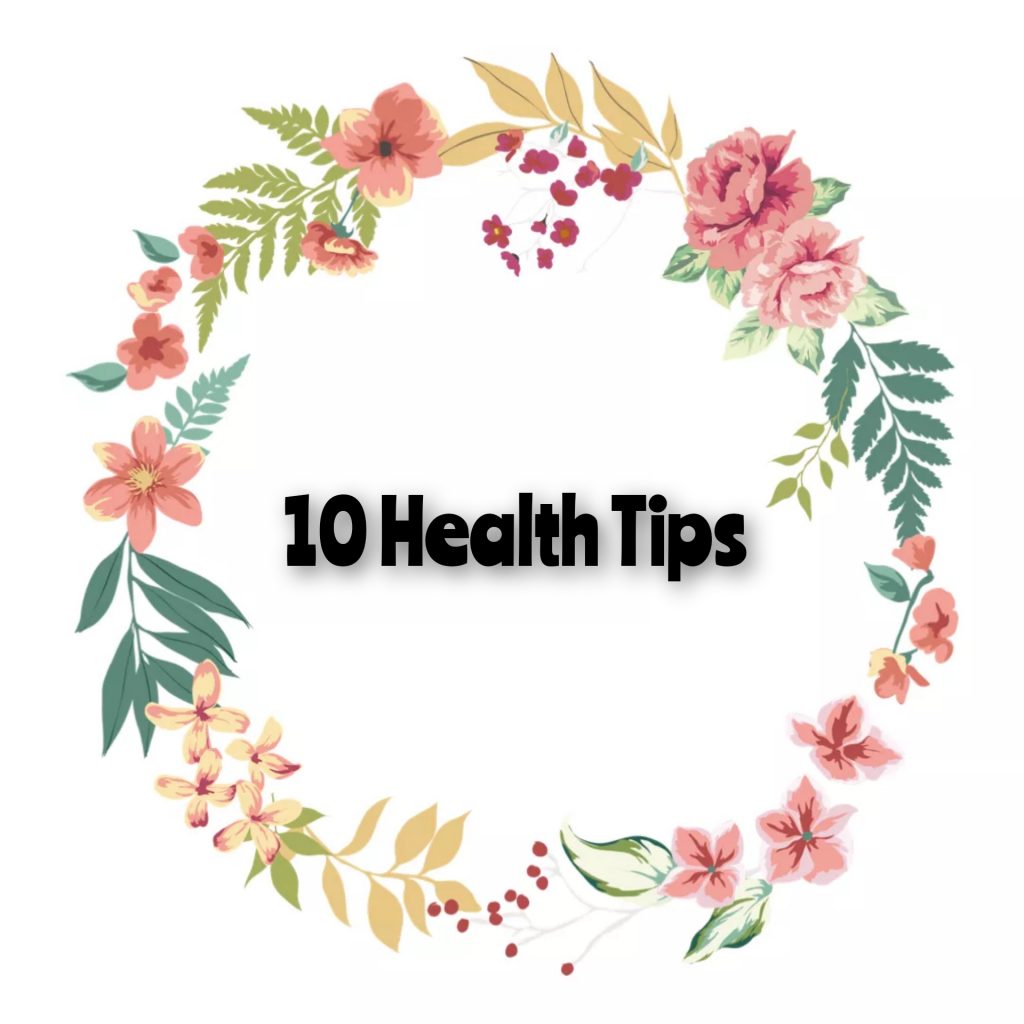Eat a healthy diet
Eat a combination of different foods, including fruit, vegetables, legumes, nuts and whole grains. Adults should eat at least five portions (400g) of fruit and vegetables per day. You can improve your intake of fruits and vegetables by always including veggies in your meal; eating fresh fruit and vegetables as snacks; eating a variety of fruits and vegetables; and eating them in season.
Consume less salt and sugar
Most people get their sodium through salt. Reduce your salt intake to 5g per day, equivalent to about one teaspoon. It’s easier to do this by limiting the amount of salt, soy sauce, fish sauce and other high-sodium condiments when preparing meals; removing salt, seasonings and condiments from your meal table; avoiding salty snacks; and choosing low-sodium products.
Reduce intake of harmful fats
Fats consumed should be less than 30% of your total energy intake. This will help prevent unhealthy weight gain and NCDs. There are different types of fats, but unsaturated fats are preferable over saturated fats and trans-fats. WHO recommends reducing saturated fats to less than 10% of total energy intake; reducing trans-fats to less than 1% of total energy intake; and replacing both saturated fats and trans-fats to unsaturated fats.
Avoid harmful use of alcohol
There is no safe level for drinking alcohol. Consuming alcohol can lead to health problems such as mental and behavioural disorders, including alcohol dependence, major NCDs such as liver cirrhosis, some cancers and heart diseases, as well as injuries resulting from violence and road clashes and collisions.
Be active
Physical activity is defined as any bodily movement produced by skeletal muscles that requires energy expenditure. This includes exercise and activities undertaken while working, playing, carrying out household chores, travelling, and engaging in recreational pursuits. The amount of physical activity you need depends on your age group but adults aged 18-64 years should do at least 150 minutes of moderate-intensity physical activity throughout the week. Increase moderate-intensity physical activity to 300 minutes per week for additional health benefits.
Check your blood pressure regularly
Hypertension, or high blood pressure, is called a “silent killer”. This is because many people who have hypertension may not be aware of the problem as it may not have any symptoms. If left uncontrolled, hypertension can lead to heart, brain, kidney and other diseases. Have your blood pressure checked regularly by a health worker so you know your numbers. If your blood pressure is high, get the advice of a health worker. This is vital in the prevention and control of hypertension
Get tested
Getting yourself tested is an important step in knowing your health status, especially when it comes to HIV, hepatitis B, sexually-transmitted infections (STIs) and tuberculosis (TB). Left untreated, these diseases can lead to serious complications and even death. Knowing your status means you will know how to either continue preventing these diseases or, if you find out that you’re positive, get the care and treatment that you need. Go to a public or private health facility, wherever you are comfortable, to have yourself tested.
Cover your mouth when coughing or sneezing
Diseases such as COVID19, influenza, pneumonia and tuberculosis are transmitted through the air. When an infected person coughs or sneezes, infectious agents may be passed on to others through airborne droplets. When you feel a cough or sneeze coming on, make sure you have covered your mouth with a face mask or use a tissue then dispose it carefully. If you do not have a tissue close by when you cough or sneeze, cover your mouth as much as possible with the crook (or the inside) of your elbow.
Clean your hands properly
Hand hygiene is critical not only for health workers but for everyone. Clean hands can prevent the spread of infectious illnesses. You should handwash using soap and water when your hands are visibly soiled or handrub using an alcohol-based product.
Have regular check-ups
Regular check-ups can help find health problems before they start. Health professionals can help find and diagnose health issues early, when your chances for treatment and cure are better. Go to your nearest health facility to check out the the health services, screenings and treatment that are accessible to you.

